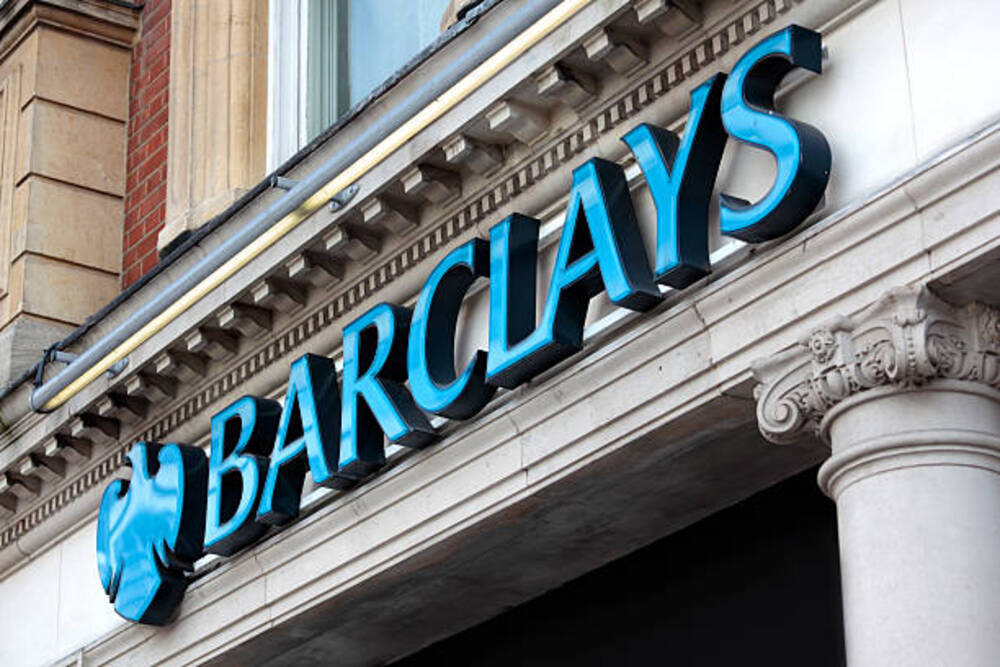Barclays announced today that it would halt financing the dirtiest fossil fuels such as oil sands exploration and production and tighten lending standards for coal power, but it did not disclose new restrictions on lending for oil and gas as some of its competitors have.
The British lender expanded a previously stated plan to gradually phase out financing from the UK and the European Union for clients involved in coal-fired power generating by 2030 to include other nations in the Organization for Economic Cooperation and Development.
Global trend: Banks reduce fossil fuels loans
Environmental activists accuse banks of moving too slowly and have called on them to stop funding new oil and gas drilling despite the fact that banks throughout the world have been outlining their intentions to reduce emissions and hold the rise in global temperatures in check.
In its results announcement for 2022, Barclays stated that it will no longer finance any oil tar sands companies or new oil sands pipelines. Previously, the bank had stated that it would collaborate with companies that take steps to minimize their emissions.
However, after HSBC announced in December that it will stop directly supporting new oil and gas fields, some environmental campaigners had hoped the bank would reveal a new policy on financing for oil and gas.
As part of a broader change to its sector policy, HSBC announced that it will stop funding new oil and gas projects and will demand more information from its energy clients regarding their efforts to reduce carbon emissions.
The majority of activist organizations that have previously criticized HSBC praised the decision made by one of the biggest lenders to the energy sector as a long-overdue improvement that will encourage companies to move toward a greener future.
Barclays now also announced its first emission-reduction goal for the car manufacturing sector, promising to cut emissions intensity by 40% to 64% by 2030 compared to baseline emissions in 2022.
Restrictions include the real estate sector too
Barclays set a “convergence point” of a 40% reduction in emissions by 2030 for the residential real estate industry, which it claimed was not a target because decarbonizing UK houses was contingent on broader changes outside of its control.
The bank claimed that thanks to cuts in funded emissions for sectors like steel, power, and energy, it was on track to fulfill its 2030 commitments.
The bank recognized that this was aided by cash-rich energy customers needing less financing in 2022, but the absolute emissions generated by its energy consumers have decreased 32% since 2020, putting it on course for a 40% reduction by 2030.
IEA hails the big banks’ steps against fossil fuels financing
The International Energy Agency has stated that this action of big financial institutions is necessary for the world to achieve net-zero emissions by the year 2050. Barclays, as previously did Lloyd and HSBC, is among the largest banks to confirm it would not sponsor oil and gas projects that gained final permission after the end of 2021.
In order to help energy companies revamp their operations and advance the development of greener energy sources, HSBC, for example, said it would continue to provide corporate financing for them and yearly evaluate their strategic objectives.

